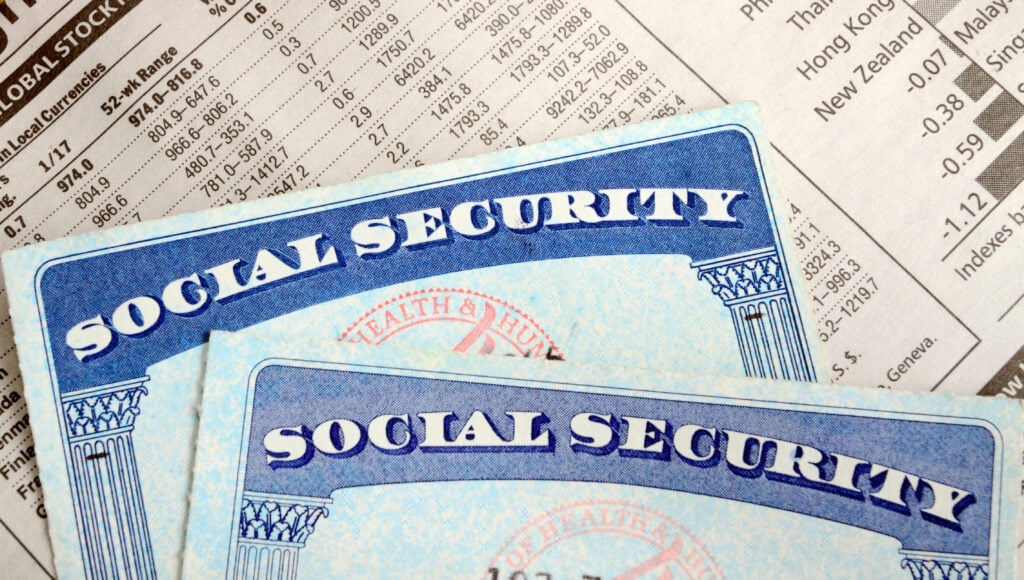You may have seen recent reports regarding a class action lawsuit that revealed that 272 million social security numbers (SSN) may have been leaked in a “security incident” by National Public Data (NPD), a data information broker. It remains unclear how many people are at risk, but NPD and companies like it have the personal background information, including addresses, phone numbers, and SSNs, of almost every American.
While the headlines are alarming, cybersecurity experts say this type of fraud is inevitable given the sheer troves of information online. That’s because data brokers like NPD collect and aggregate personal information from various sources, from public records to people’s internet search history, and sell it to third-party companies, like recruiters and marketers.
While there are strict rules around credit records, there are very few regulations governing data brokers, which exposes them—and the information they collect—to the threat of hacks and leaks.
When a bad actor can access your social security number, they can steal your identity and use your credit score to apply for more credit in your name. They can then spend that credit without ever paying it back. This can impact your score and have huge implications on your future ability to obtain credit for big purchases, like a car or a house.
Unfortunately, fraud is a harsh reality in our world, but thankfully, there are steps you can take to keep your personal information safe.
How to protect your SSN
While it’s worthwhile being vigilant about protecting your finances at any time, fraudsters will often jump on the back of breaches like this one, so it’s worth taking extra precautions.
It is important to note that the Social Security Administration will never give out your SSN. However, identity thieves have multiple ways of accessing your data. In the real world, this means stealing your wallet, purse, mail, or even going through your trash to find your personal information. For this reason, it is essential to be careful where you store your SSN and who you give it to. You should always keep your SSN in a safe place and do not carry it with you routinely, in your wallet, for example.
Online fraudsters have more sophisticated methods of stealing your information, which you may not even be aware of until it’s too late. Fraud online takes many forms, from phishing scams to wire fraud and hacks. You should be very cautious about entering your SSN anywhere online unless you are sure it’s a legitimate website, like a bank or government site. You should also never email your personal information or paperwork because an email is more easily hacked.
Beyond taking precautions to avoid identity theft, you should monitor your credit report. You can request a free report from the three major credit bureaus (Equifax, Experian, and TransUnion), but you can also view your credit score via your bank account.
In addition, most financial institutions offer some kind of data monitoring service, which you can activate (usually for free). This service will notify you of any new activity on your credit account and allow you to verify whether it’s you.
How to freeze your credit report
If you’re looking for an extra layer of security, you can freeze your credit report via the websites of the three major credit bureaus (Equifax, Experian, and TransUnion). A freeze prevents fraudsters from stealing your identity and using your credit. It does not impact your credit score, and you can pause or remove the freeze when you’d like to allow a credit check, such as when buying a home.
How to protect your data and SSN when making a big purchase
When making a big purchase, especially if you require a loan, like a mortgage for a home, lenders will need access to your credit to approve you for the loan and the rate they offer. If you have frozen your credit, you must pause or remove the freeze to move forward. You will also have to provide much of your personal information, including your SSN and a valid form of ID.
This is standard procedure in homebuying, but it does provide more opportunities for fraudsters to attempt to steal your identity—or your funds. For this reason, you should be extra vigilant about how and with whom you share your data. To protect you from wire fraud, some title companies will have mitigated the risk by using fraud prevention software like Closinglock, which provides a secure portal to send and receive wire instructions, e-sign documents, and securely transfer payments.
As a homebuyer, you know that when you log into Closinglock, your data and funds are completely secure. So you can take that worry off your list.
About Closinglock
Closinglock is a fraud-prevention software, which is revolutionizing the transfer of funds and information in the real estate industry. Homebuyers can receive wire instructions, eSign and exchange documents, and make payments from one secure platform—providing complete peace of mind for life’s biggest investment.
Visit the closinglock.com to learn more.
